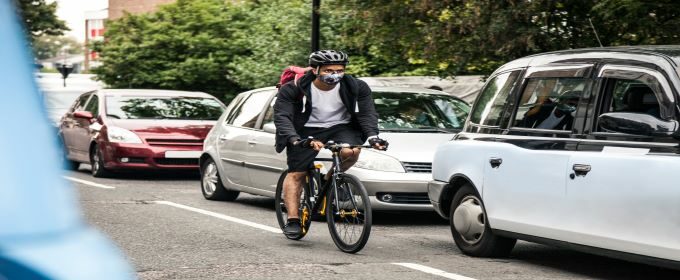Experts agree that automated driving technologies constitute perhaps the most significant transformation in urban and transport planning since the invention of the private motor vehicle. In this article, Dr Ransford A. Acheampong assesses how policy-makers have an urgent responsibility to create alternative urban futures in which we are able to meet our everyday mobility needs […]









